ADVOCACY
The AACR led efforts to make public health a continued national priority in 2018, working with individuals and organizations in the broader medical research community to advocate for robust, sustained, and predictable annual funding increases for medical research. These efforts resulted in a $2 billion FY2019 budget increase for the National Institutes of Health (NIH), $179 million of which is directed to the National Cancer Institute (NCI). The AACR also successfully advocated for $20 million for the Food and Drug Administration (FDA) Oncology Center of Excellence in the FY19 draft funding bills.
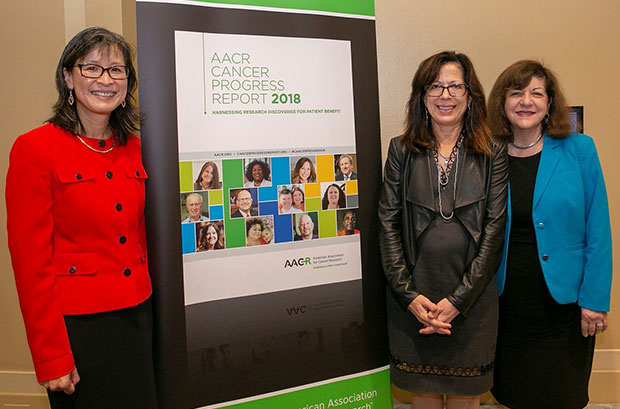
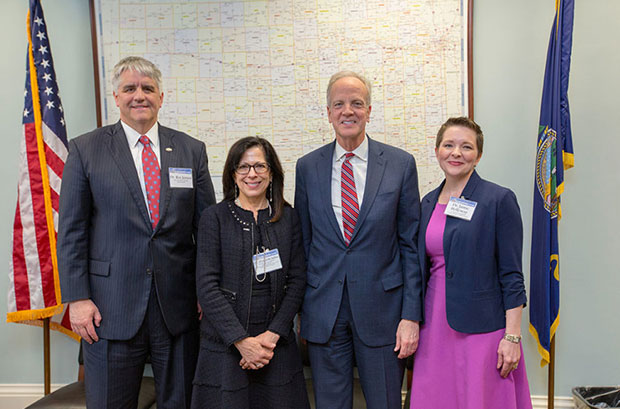
As a trusted source of cancer information, the AACR engages lawmakers and government agencies in discussions of science-based policies that can accelerate progress in the prevention and cure of all cancers.
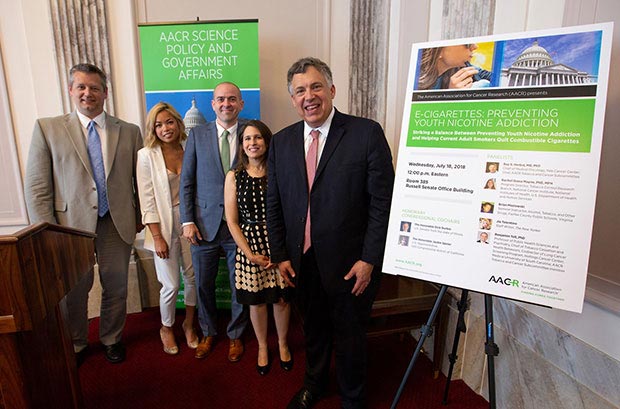
To accelerate progress against cancer, the AACR promotes engagement between the cancer research community and federal regulators. The Regulatory Science and Policy track at the AACR Annual Meeting 2018—which included 10 sessions on a large range of topics, including pediatric cancer drug development, real-world evidence, and CAR-T therapies for solid tumors—was a major component of this effort. In addition, the AACR partnered with the FDA to host three workshops on cutting-edge issues in cancer regulatory science in 2018. These workshops brought together leading experts from industry and academia along with regulators from the FDA to discuss challenges and opportunities for advancement in critical areas:
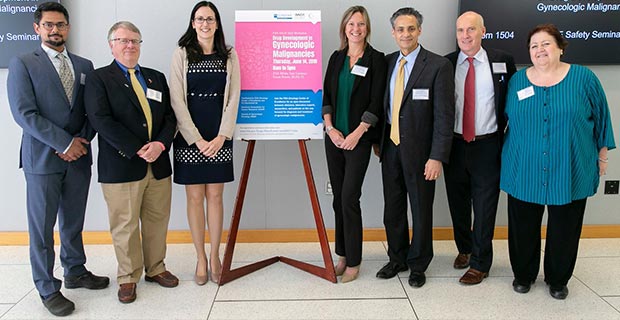
The cornerstone of the AACR’s survivor and patient advocacy efforts is the Scientist↔Survivor Program (SSP), which brings patient advocates together with scientists and clinicians to attend sessions at AACR scientific meetings. Participants attend sessions with their AACR scientist mentors, gaining an understanding of the innovative science behind treatment decisions while providing their counterparts with vital patient perspectives.
In 2018, the AACR celebrated the 20th anniversary of the SSP—the longest-running survivor program in the cancer research community. This milestone was commemorated during the opening ceremony of the AACR Annual Meeting 2018 with a video highlighting the history of the program and charting its future direction. In addition, Anna D. Barker, PhD (far right)—who founded the Scientist↔Survivor Program with AACR CEO Margaret Foti, PhD, MD (hc)—was presented with the AACR Distinguished Award for Exceptional Leadership in Cancer Science Policy and Advocacy in recognition of her two decades of dedication to patient advocates through this remarkable and impactful program. During the life of this program, more than 500 advocates from all over the world have participated in this educational experience.
Nearly 40 patient advocates participated in the SSP in 2018, joining scientist and clinician mentors at the AACR Annual Meeting in April and the Science of Cancer Health Disparities conference in November. Annual Meeting program participants included patient advocates from Trinidad and Tobago, Japan, and Canada. During the Annual Meeting, two AACR members were named Emeritus Mentors in recognition of their long-standing commitment to the SSP. The advocates thanked Peter Kuhn, PhD, and Christopher Kissinger, PhD, for sharing their time and expertise with program participants for more than three years.
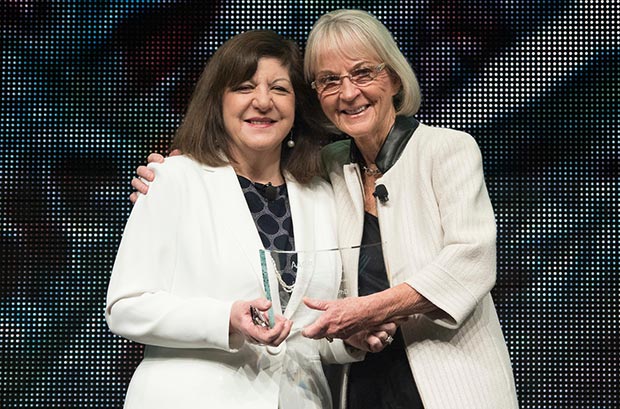
Cancer Today—the AACR’s magazine for cancer patients, survivors, and caregivers—provides vital information for anyone navigating the challenges of cancer diagnosis, treatment, and survival while also offering a platform for patients to share stories of their journey with cancer. Now in its seventh full year of publication, the magazine continues to tackle important cancer topics in a serious, comprehensive way. Among the most compelling stories published in 2018 were the following:
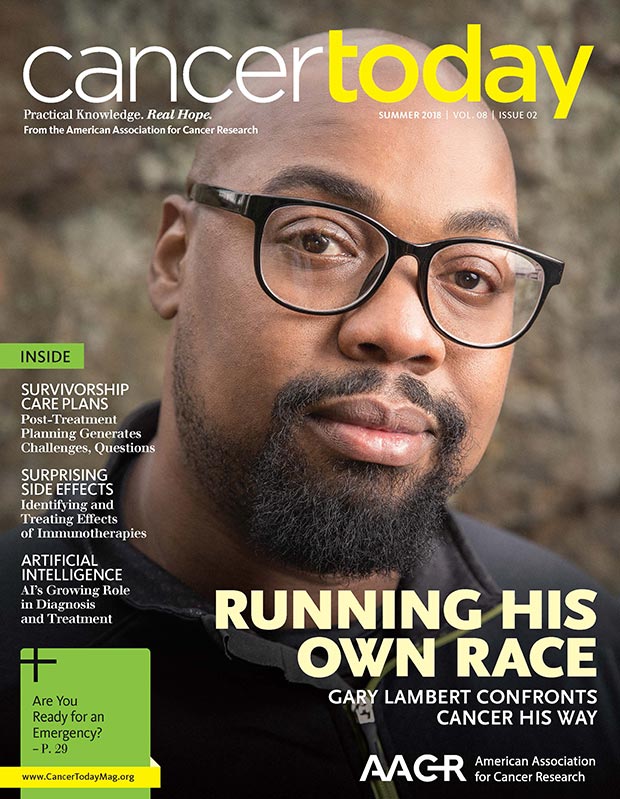
Under the leadership of editor-in-chief William G. Nelson, MD, PhD, Cancer Today pursued two major initiatives in 2018 to expand its presence among patients and their loved ones:
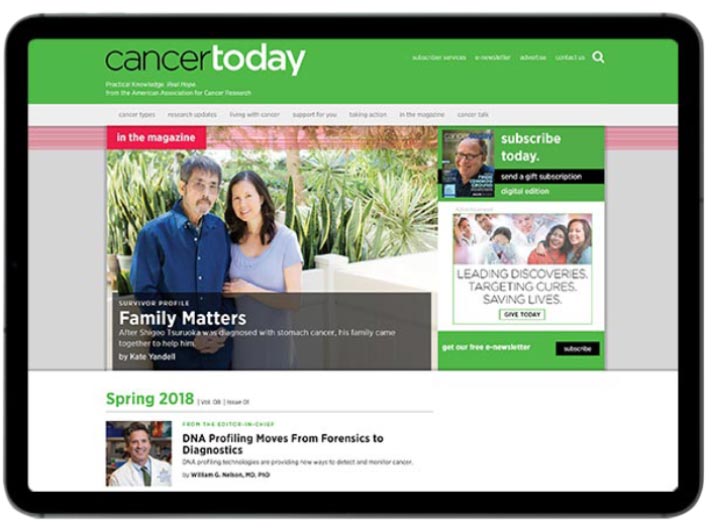
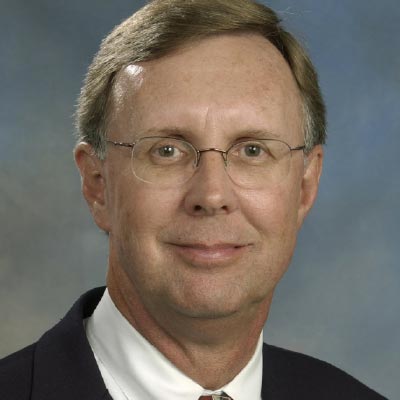
AACR Distinguished Award for Extraordinary Scientific Achievement and Leadership in Breast Cancer Research
C. Kent Osborne, MD
Baylor College of Medicine
Houston, Texas
Dr. Osborne has not only made groundbreaking research contributions, but he has also provided vision and leadership to the field of breast cancer science and medicine. Since 1992, he has served as a codirector of the San Antonio Breast Cancer Symposium (SABCS), which is considered the world’s largest and most prestigious conference on breast cancer.
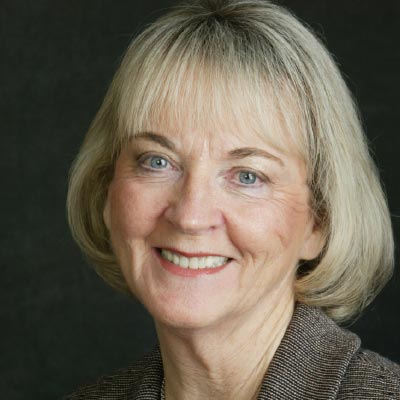
AACR Distinguished Award for Exceptional Leadership in Cancer Science Policy and Advocacy
Anna D. Barker, PhD
Arizona State University
Tempe, Arizona
As the chair of the AACR Public Education Committee from 1992-2001, and later as the founding chair of the reconstituted Science Policy and Legislative Affairs Committee from 2001-2002, Dr. Barker has been instrumental in defining and achieving the AACR’s science and public policy goals. In addition, her efforts to launch the AACR Scientist↔Survivor Program—which celebrated its 20th anniversary in 2018—established the AACR as a leader in survivor and patient advocacy.
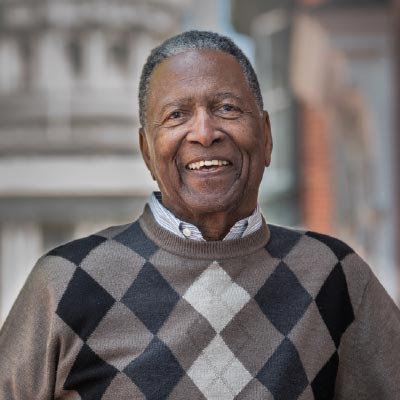
AACR Distinguished Public Service Award for Exceptional Leadership in Cancer Advocacy
Colonel James E. Williams (Retired)
Camp Hill, Pennsylvania
A prostate cancer survivor, Colonel Williams is an alumnus of the AACR Scientist↔Survivor Program and has been a passionate advocate for funding and research dedicated to men’s health issues—in particular, the need for improved care for men from racial and ethnic minorities. He shared his story in the Summer 2016 issue of Cancer Today, and he serves as a member of the magazine’s Editorial Advisory Board.
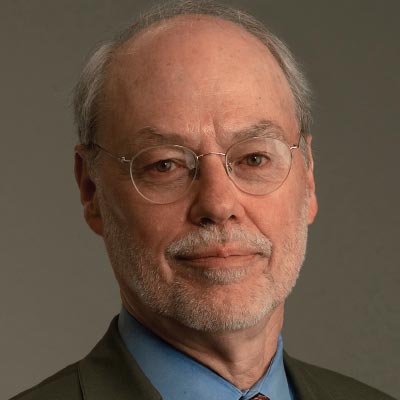
AACR Distinguished Award for Extraordinary Scientific Innovation and Exceptional Leadership in Cancer Research and Biomedical Science
Phillip A. Sharp, PhD, FAACR
Massachusetts Institute of Technology
Cambridge, Massachusetts
A Nobel laureate and Fellow of the AACR Academy, Dr. Sharp was the program chair for the inaugural AACR Special Conference in 1988, and he currently serves as chair of the Scientific Advisory Committee for Stand Up To Cancer. He has consistently demonstrated his extraordinary dedication to the AACR and its mission.